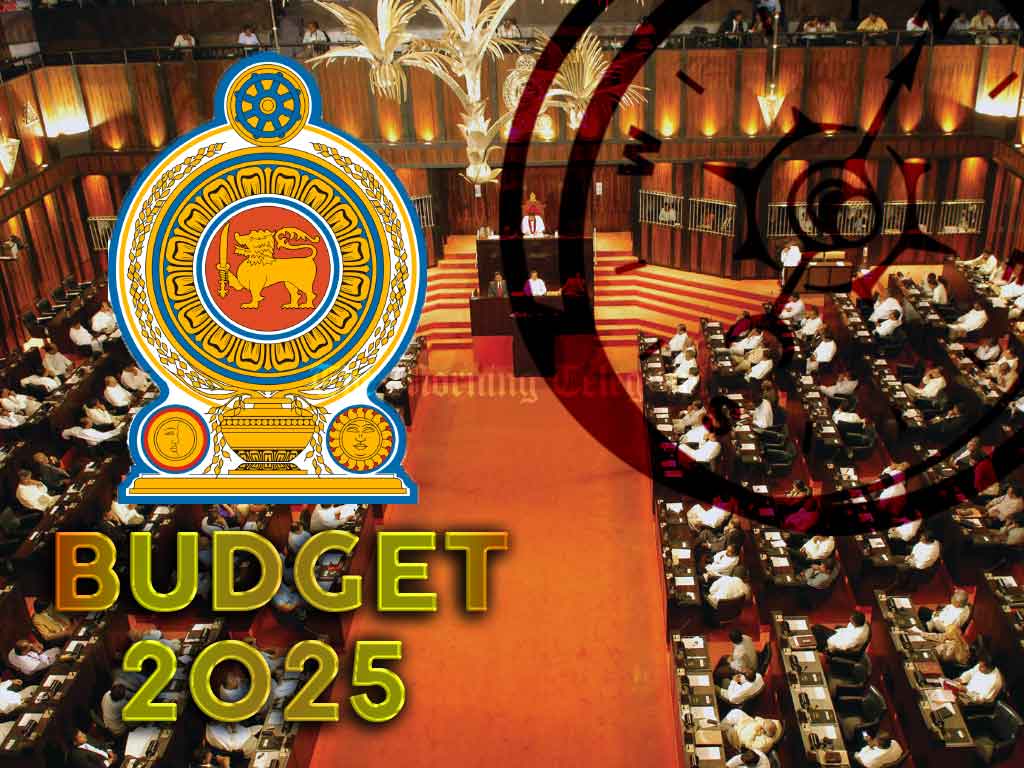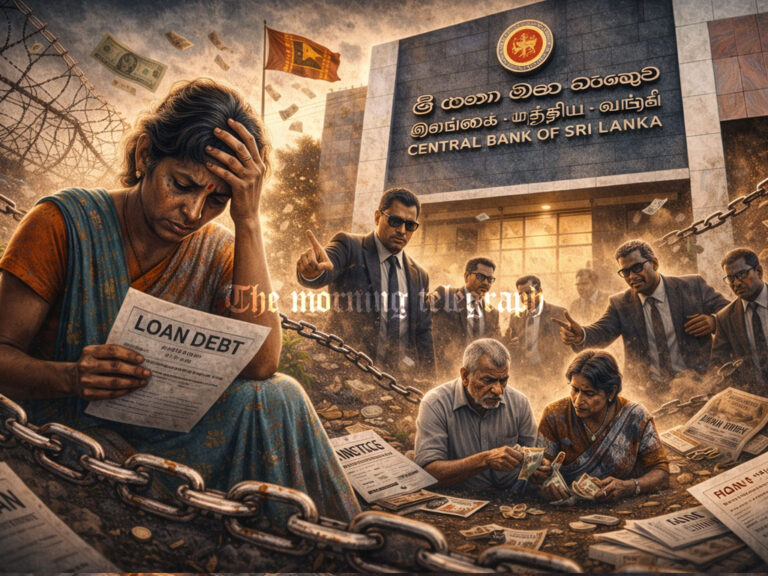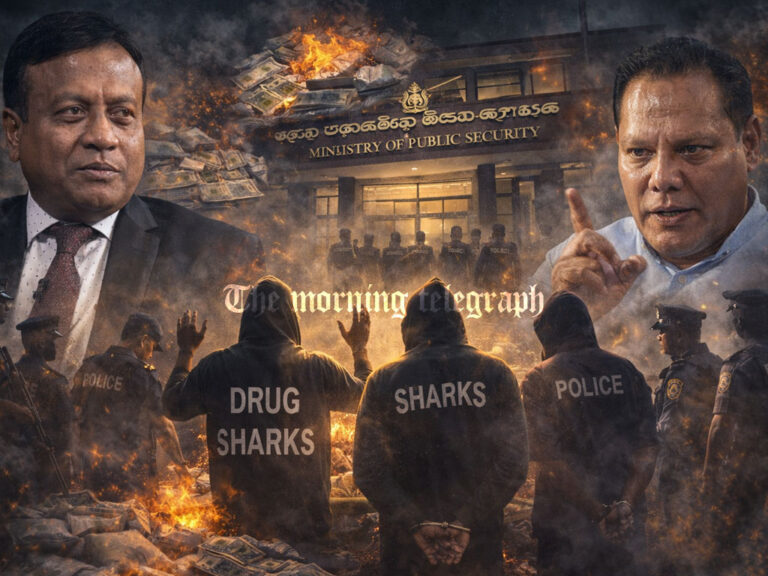
Colombo, Sri Lanka – The upcoming 2025 budget is shaping up to be a formidable challenge for the National People’s Power (NPP) government as it struggles to reconcile its ambitious election promises with stringent economic constraints. According to Dr. Priyanga Dunusinghe, a senior lecturer at the University of Colombo’s Department of Economics, fulfilling the NPP’s pledges to reduce taxes and provide economic relief may be far more difficult than anticipated.
Dr. Dunusinghe explained that key promises made during the election campaign—such as reducing income taxes and exempting essential goods and services like education, healthcare, and food from VAT—are now under scrutiny due to the conditions laid out by the International Monetary Fund (IMF).
“The NPP pledged to lower the tax burden on citizens, but the IMF has stressed that Sri Lanka’s revenue targets must be met. Without these revenues, any tax cuts could jeopardize the country’s economic stability,” Dr. Dunusinghe stated during a recent interview.
VAT Exemptions: A Risk to Revenue
One of the NPP’s key promises was to exempt essential goods and services from VAT. However, this could severely impact government revenue, which relies heavily on VAT collections.
“VAT contributes nearly one-third of Sri Lanka’s total government revenue. Exempting sectors like education and healthcare could result in a significant revenue loss, undermining fiscal targets set by the IMF,” Dr. Dunusinghe warned.
Recent tax reforms have already increased VAT rates from 0% to 18% in certain sectors, contributing to a 1.2% increase in revenue as a percentage of GDP. Additionally, the elimination of various tax concessions has boosted overall tax revenue by 5%.
“If we continue with widespread tax exemptions, it will be difficult to maintain these gains. The IMF expects Sri Lanka to increase its revenue from the current 12% of GDP to 15.3% by 2027—a target that will be nearly impossible to reach if tax concessions are implemented,” he explained.
Exploring New Revenue Streams
With limited options to further increase VAT, the government may have to consider alternative revenue sources, such as property taxes and wealth taxes, to bridge the gap.
“We’ve already exploited most of the available tax streams to their maximum capacity. Introducing new taxes, particularly on property and wealth, might be the only viable option to increase revenue by an additional 3.3% over the next three years,” Dr. Dunusinghe noted.
Limited Room for Public Sector Pay Hikes
Another challenge for the NPP is fulfilling its promise to increase public sector salaries and provide economic relief to citizens.
“Raising public sector salaries and offering widespread relief would require significant additional expenditure, which the government currently cannot afford. The fiscal space to increase state spending is extremely limited,” Dr. Dunusinghe emphasized.
Balancing these spending commitments with the need to achieve a primary budget surplus will be crucial. The government’s goal of stabilizing public finances while meeting social welfare demands creates a narrow path forward.
“The 2025 budget will be a test of the new government’s ability to balance its electoral promises with the economic realities imposed by the IMF and the need for fiscal discipline. It’s one of the most challenging budgets in recent years,” he concluded.
As the new administration prepares its financial plan, it faces the daunting task of navigating between political expectations and economic imperatives, with little room for error in a fragile economic environment.




